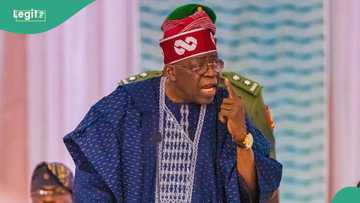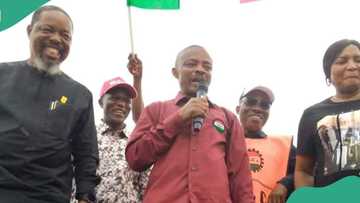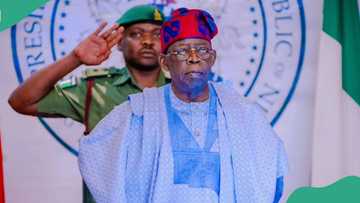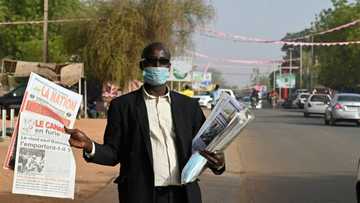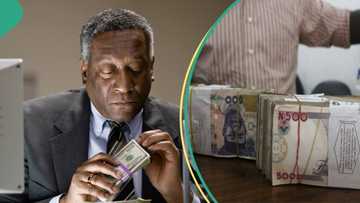Facts and Figures about Recent Elections and Declining Female Participation in Nigeria
- The agitation for implementing the national gender policy and the 35 per cent affirmative action has reached a fever pitch
- Despite a court ruling compelling the national assembly to act on it immediately, Nigerian lawmakers are still stalling
- At least nine advocacy groups, including the Nigerian Women Trust Fund (NWTF), have continued to harp their displeasure over this situation as statistics of women in governance dropped drastically in the 2023 polls
Legit.ng journalist Segun Adeyemi has over 9 years of experience covering political events, civil societies, courts, and metro
Over the years, Nigeria has been a focal point of global attention due to its democratic and political activities, the most recent being the 2023 general elections and off-cycle polls in the same year.
The build-up to the 2023 polls also witnessed a push for electoral reforms a year before, as several civil society groups and political stakeholders called for revamps of election processes and the electoral body.
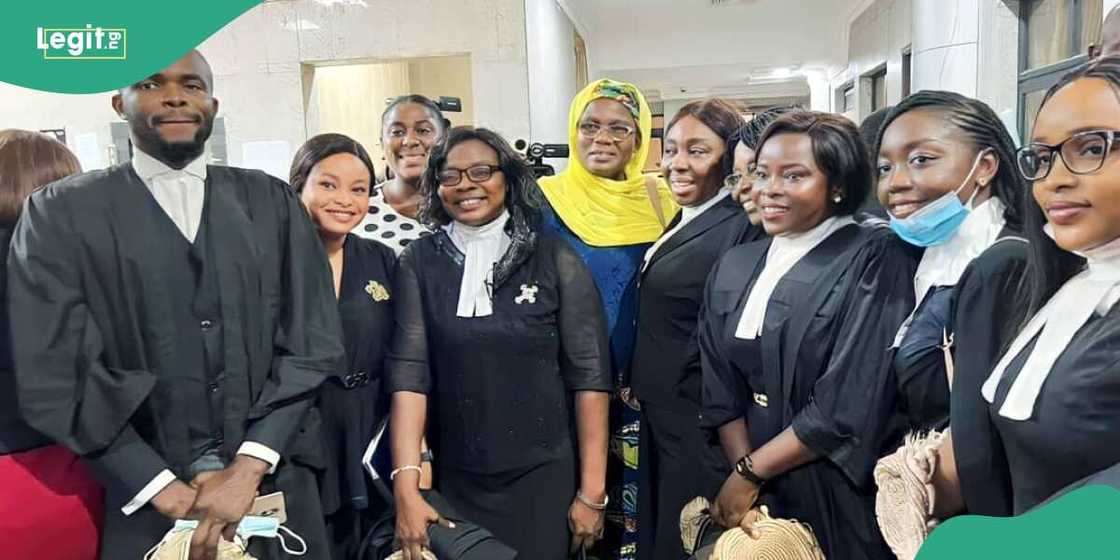
Source: Facebook
These reforms range from introducing the BVAS, iREV, and other automated innovations in the data collection of the electorate.
However, amidst the accomplishments gained in electoral reformation, a concerning trend has emerged – the declining participation of women in the political process and how they are being fizzled out of the equation for elective offices, with the 2023 polls serving as sufficient evidence.
Women’s dominant population in the electorate
Despite constituting a significant portion of the population, women are significantly underrepresented in elected positions and voter turnout.
Data from veritable sources confirmed that 93.46 million Nigerians were eligible to vote in the 2023 general election, an 11.26% increase from the 84 million eligible voters in the 2019 general election.
A breakdown of the new voter register in January 2023 reveals that 44.41 million, equivalent to 47.52 per cent, are female, while 49.05 million (52.48 per cent) are male.
In the 2019 voter register, females constituted 47%, with males making up 53%.
Further analysis indicates that the largest voting bloc for the 2023 general election comprises youths (18-34 years), constituting 39.65% of eligible voters.
The middle age group (35-49 years) follows closely at 35.75%.
In contrast, the elderly and old age groups account for 18.94% and 5.66%, respectively.
It is safe to say that women were ably represented at the electorate level of the election cycle.
However, data from the Independent National Electoral Commission (INEC) has revealed that the percentage of women contesting and winning elections has dwindled in recent years, raising questions about the inclusivity and diversity of Nigeria’s political landscape.
Comparative stats for 2019 and 2023 polls of women in legislature
At the last election cycle, only four women out of the 109 seats available at the red chambers made it to the Senate: Ireti Heebah Kingibe (FCT), Ipalibo Harry Banigo (Rivers West), Idiat Oluranti Adebule (Lagos West) and Natasha Akpoti (Kogi Central).
At the House of Representatives, there were 17 women after the election; however, with the court decision in Plateau state, the stats have now been reduced to just 16 women out of the 360 seats in the Green Chamber.
According to Dataphyte, only 48 women made it into state houses of assemblies across the country in the last elections.
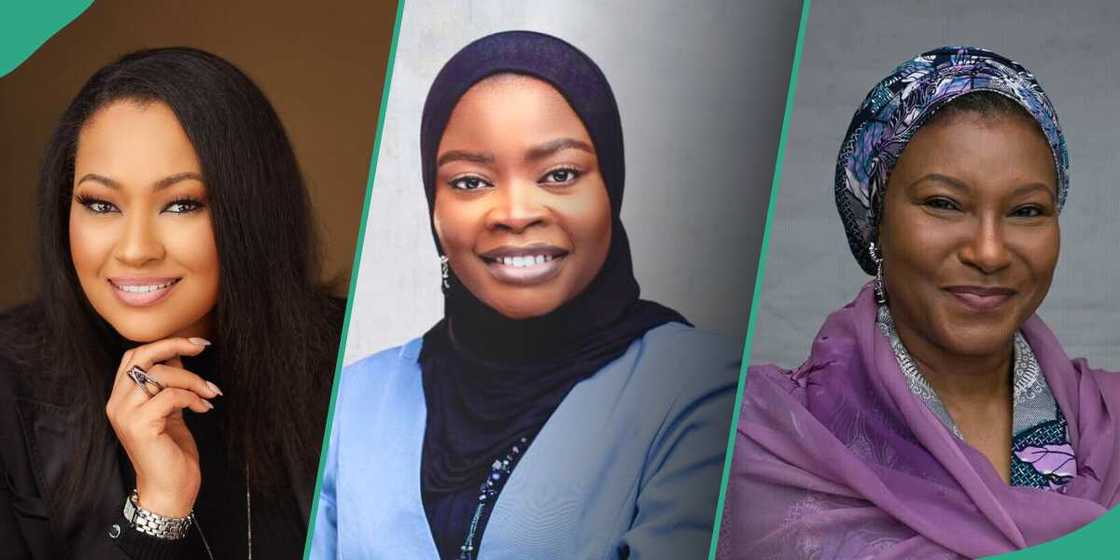
Source: Facebook
In Nigeria’s 2023 state houses of assembly elections, only 48 out of 1,019 female candidates emerged victorious, resulting in a modest success rate of 4.7% for women.
This represents a slight improvement from the 2019 elections, where 45 women secured seats in state legislatures.
Despite this increase of three women in the 2023 election, it falls short of achieving adequate representation for women in the state parliament.
The March 18 election in Nigeria held 28 governorship polls and 36 houses of assembly contests.
Based on available data, 10,240 candidates were vying for the 990 state houses of assembly seats across the 36 states. Among these candidates, 9,221 were male, while 1,019 were female, which is just 9.95 per cent.
The results of the state legislative elections on March 18 revealed that only 48 females emerged victorious out of the 1,019 who contested, making up a mere 4.7 per cent of the total.
This marks a less than one per cent increase compared to the number of female lawmakers elected in the previous state assemblies.
In the 2019 election, female representation in the 36 states’ houses of assembly members was only 4.41 per cent.
Breaking down the 48 females elected into the state legislatures in 2023 by states, Ekiti state had the highest number, with six out of 26 seats in the state’s house of assembly occupied by women. This is an improvement from the four females elected in 2019.
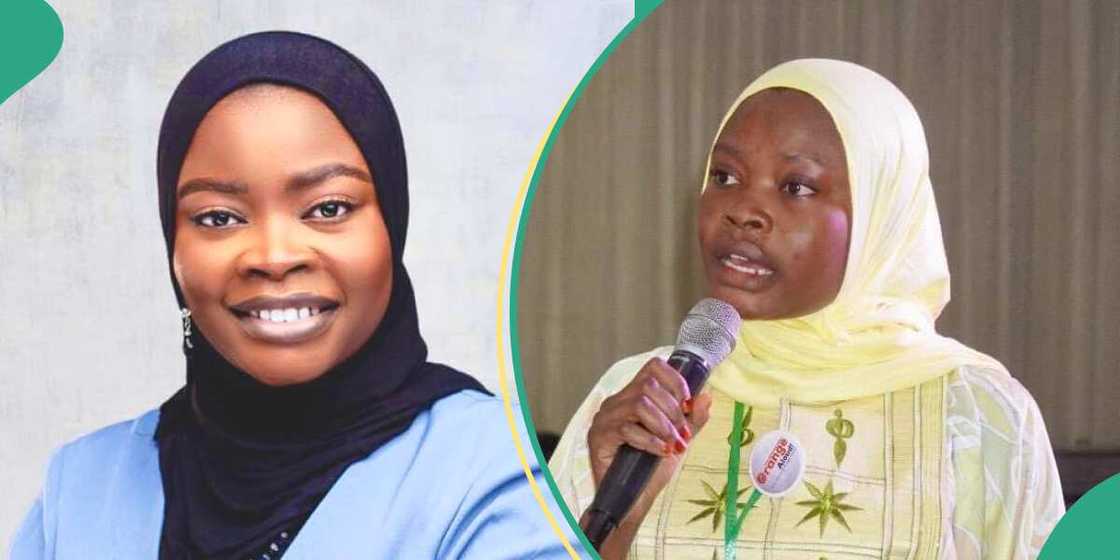
Source: Facebook
Kwara and Akwa Ibom states followed with the most elected female lawmakers in 2023, having five and four females in their state parliaments, respectively.
Notably, despite having the second-highest number of female elected lawmakers, Kwara state had no female lawmakers in its state’s parliament in 2019. On the other hand, Akwa Ibom increased the number of female lawmakers from two to four.
In Lagos state, three females were elected, the same as in Ondo state. While Ondo state increased by one, Lagos maintained the same number of female lawmakers it had in its state parliament in 2019.
Further analysis revealed that 15 states recorded zero elected female lawmakers in the recently concluded state houses of assembly elections.
In the North-West region, all states except Kaduna have male-dominated houses of assembly. Kaduna state, however, witnessed an increase from none in 2019 to two elected female lawmakers this year.
Only Adamawa and Taraba have female lawmakers in their parliaments in the North-East region in the current assembly. The other four states in the region have none. Adamawa state has one female out of 25 seats, and Taraba has two female lawmakers.
States like Abia, Imo, Niger, Osun, and Rivers also lack elected female lawmakers in their parliaments in the present assembly.
Notably, 2023 represented the second consecutive election in which Abia state has no elected female representative in its state house of assembly, as was the case in 2019 when males occupied all 24 seats.
Move for implementation of national gender policy
This challenge brought about a push for 35 per cent affirmative action for women, which is in its penultimate stages, with the national assembly the only stumbling block in the path of this reform.
The 35 per cent affirmative action for women is a national gender policy that demands that 35% of women be involved in all governance processes across the board.
In 2022, the Nigeria Women Trust Fund (NWTF), International Federation of Women Lawyers, Centre for Democracy, Development (CDD -West Africa), Women Empowerment & Legal Aid (WELA) and five other civil society groups took legal action to reignite the national gender policy demand for the 35 per cent affirmative action for women.
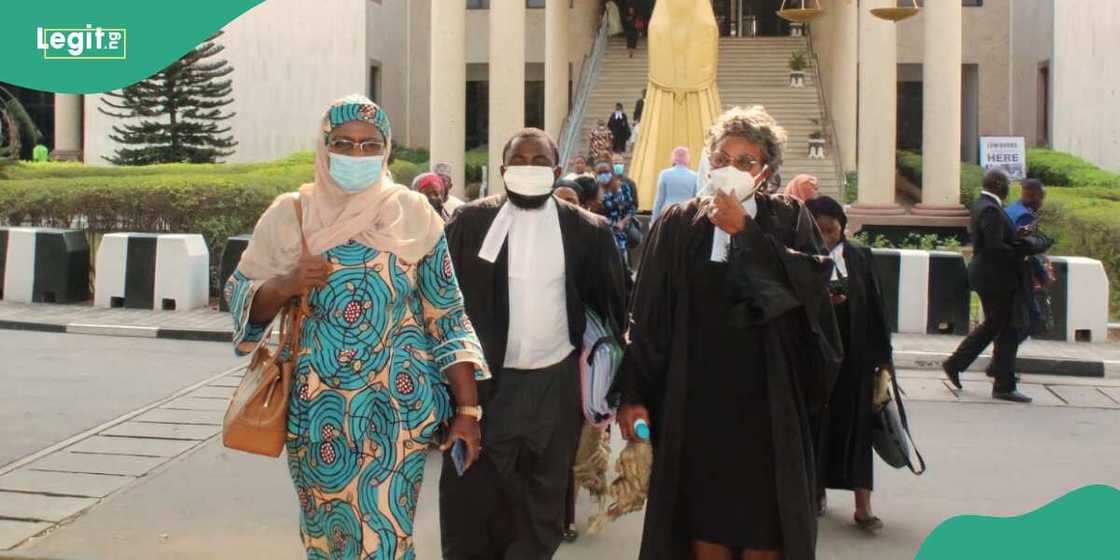
Source: Facebook
Federal High Court on April 6, 2022, ruled that:
“Dismantling barriers to women’s participation in public spheres has been achieved through progressive interpretation of municipal laws and international obligations and treaties.
“Formulating Policies based on sex, stereotyping, and feudal and patriarchal traditions will no longer be tolerated due to the supremacy of constitutional values.”
With this bold declaration, the national assembly, under the leadership of Senator Godswill Akpabio and Honourable Tajudeen Abbas, still holds this reform for women at ransom.
Countries like Cape Verde, the Republic of Benin and Sierra Leone have already implemented this policy.
Expert view on 35 per cent affirmative action for women in Nigeria
However, leading nations in the ECOWAS region, like Nigeria and Ghana, have yet to prioritise implementing this policy.
Speaking recently to Legit.ng on this development at the second ordinary session of the ECOWAS parliament, Hon. Emmanuel Kwasi Bedzrah, a Ghanaian lawmaker and parliamentarian of the ECOWAS parliament, stated that religion and the patriarchial nature of Africa have been a hindrance to the policy.
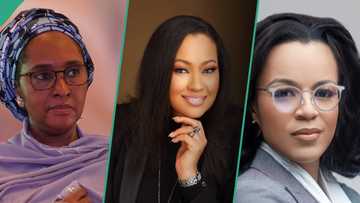
Read also
35% affirmative action: Amplifying success stories of Nigerian women doing exploit locally and globally
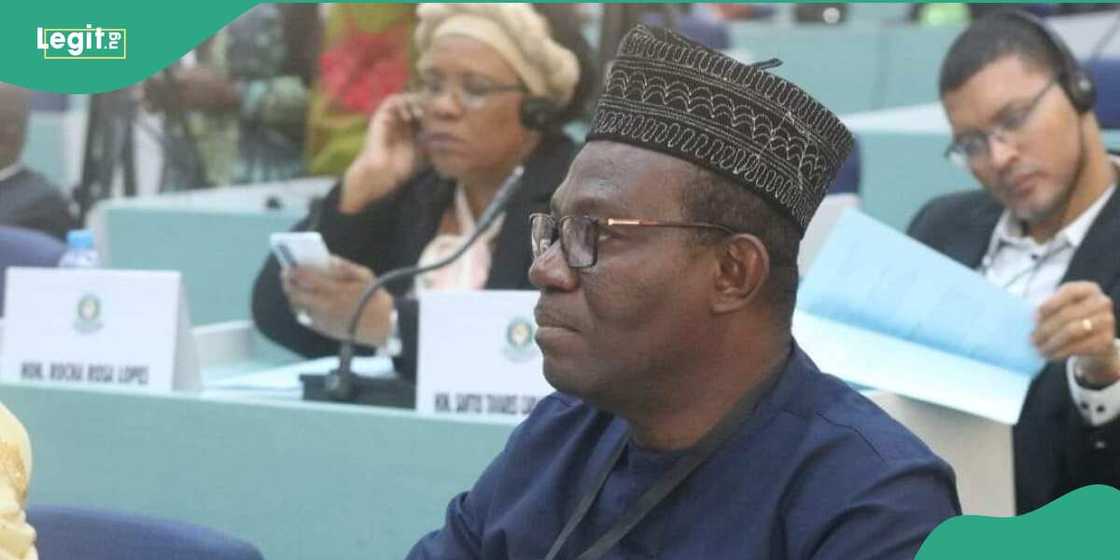
Source: Facebook
He said:
“Some religions will want the women to be in the background. And some religions will wish for women to be at the forefront.”
He also noted that this mentality also trickles down to prioritising education for men over women in Africa.
The lawmaker said:
“Now, when it comes to educating the women, and he has four wives, he will prefer to send the male child to school than the female because of the economy.”
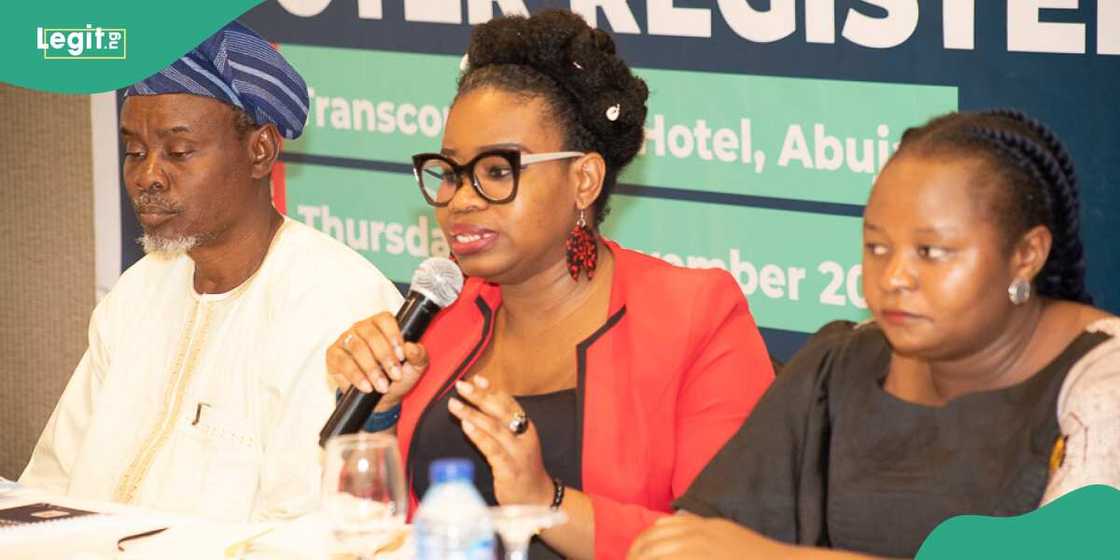
Source: Facebook
On the path to solving these challenges, Cynthia Mbamalu, the programme manager of Yiaga Africa and gender activist, said there is a need to pass more gender bills in the national assembly.
She stated that there can be long-standing reforms to protect women when there is legislation on women’s importance in governance and society.
In a brief chat with Legit.ng, she said:
“If you ask me how we are assessed globally when it comes to gender representation within West Africa and Africa because there are countries that have a higher percentage of women representation, and they did that through legislation.”
As Nigeria continues to navigate the complexities of its democratic journey, it is imperative to address the issue of declining female participation in politics.
The NWTF and other CSOs have embraced the responsibility of facilitating programs that transparently supply women with the necessary tools for leadership and governance.
The goal is to improve institutional effectiveness, fostering transformation and sustainability.
The current struggle and campaign of the NWTF, alongside other CSOs, serve as a wake-up call, urging policymakers and citizens to collaborate in dismantling the barriers that hinder women from playing a more significant role in shaping the nation’s future.
By fostering a more inclusive political landscape, Nigeria can harness its diverse population’s full potential and ensure that all citizens’ voices, regardless of gender, are heard and represented in the corridors of power.
Top northern APC governor appoints 131 women as aides, gives reason
Elsewhere, Governor Mohammed Umaru Bago of Niger State has approved the appointment of 131 women as aides.
According to the statement, 41 appointees will serve as coordinators, while 90 will serve as senior special assistants.
Bago explained that the appointment is the fulfilment of his campaign promise to allow women to contribute to the building of Niger state.
PAY ATTENTION: Stay Informed and follow us on Google News!
Source: Legit.ng


